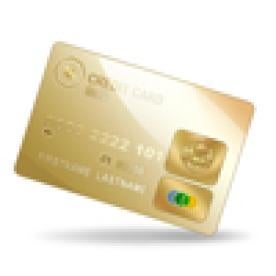How do you pay your employees? Although payroll debit cards can be attractive to employers and employees, employers should proceed with caution when utilizing them. Employers cannot require their employees to receive wages on a payroll card; other alternatives, such as paper checks and direct deposit, must also be offered, and these requirements vary from state to state.
The federal Electronic Fund Transfer Act (EFTA) and Regulation E govern payroll card accounts and provide certain protections to employees paid via payroll card including: (1) disclosure of fees that may be incurred; (2) access to account history; (3) limited liability for unauthorized use, if reported within a certain period of time; and, (4) error resolution rights. The Consumer Financial Protection Bureau (CFPB) enforces the EFTA and Regulation E against employers and financial institutions that issue payroll cards.
Payroll debit cards may benefit employees who do not maintain bank accounts, but hidden fees and poorly designed payroll card policies and procedures also could harm those employees – who are often low-income workers – and lead to problems for their employers. For example, in Chavez v. PVH Corporation, a Northern District of California case originally filed in 2013, the lead plaintiffs claimed that PVH, parent of clothing retailer Tommy Hilfiger, violated state labor laws by paying workers with cards that required usage fees which prevented employees from accessing all the money contained on the cards. In addition, the plaintiffs claimed that PVH failed to obtain consent before paying employees with cards. A proposed $1.85 million settlement of the case went through several iterations, and settlement was finally approved in December 2015.
In June 2015, a Pennsylvania state judge ruled that paying employees via prepaid debit cards that impose fees when workers withdraw cash is illegal in Pennsylvania. The underlying lawsuit was granted class action status, allowing all 2,380 hourly workers of a McDonald’s franchise to join the case. Unlike hourly workers, McDonald’s store managers were offered the alternative of direct deposit. The class action ruling prompted Chase Bank, which administered the cards, to refund all the fees paid by the workers.
The lesson to employers (and multi-state employers pay particular attention) is clear—make sure that your state allows payment by prepaid debit cards and that you comply with all consent, fee notice, and other requirements. Although approximately half of U.S. states allow payroll cards to be used under some circumstances, state requirements related to their use vary widely.



 i
i


